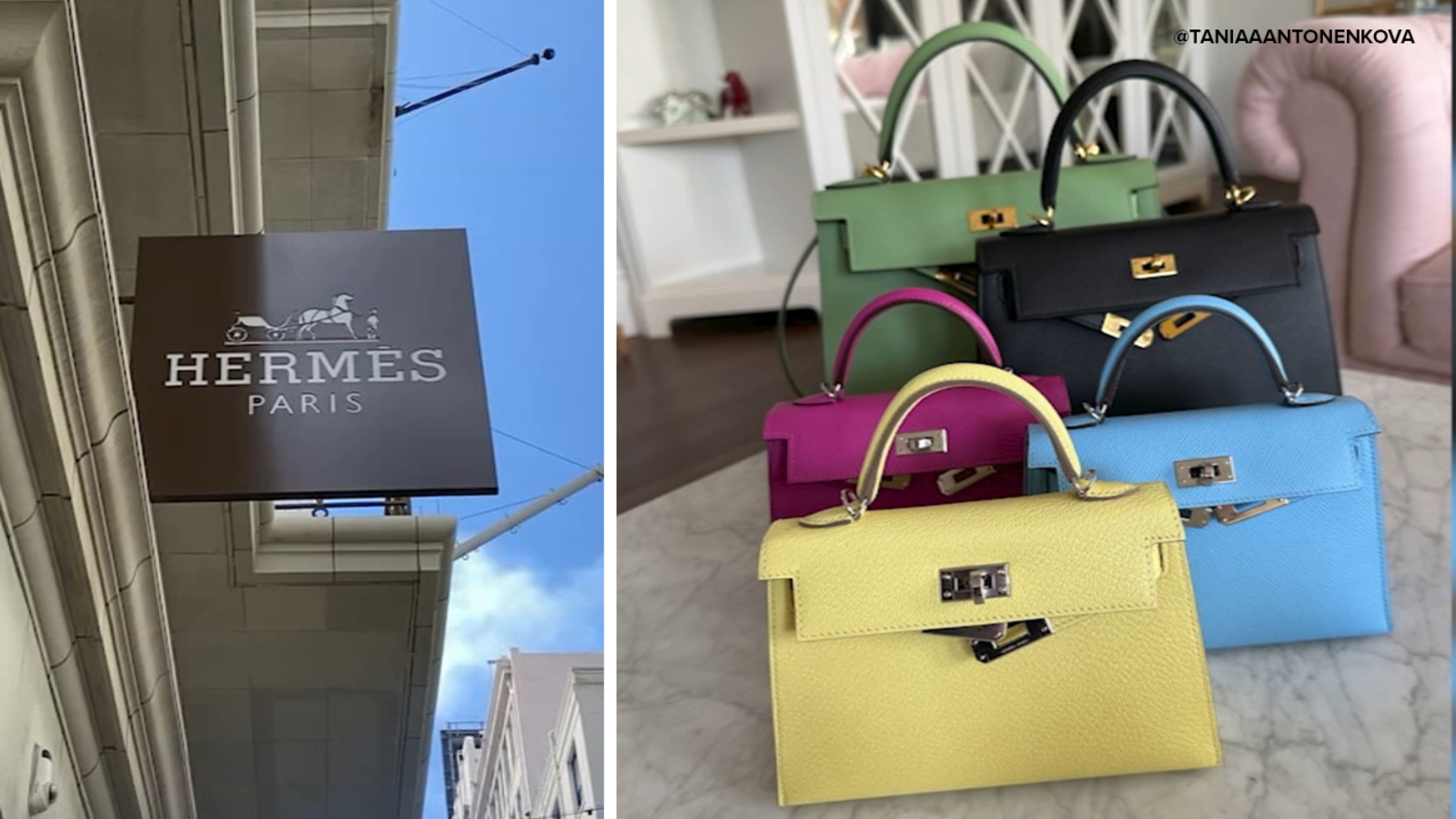Repeating myself about Oliver Wendell Holmes and good cases and bad law.
Agreeing with @haute okole here, cases of first impression are difficult to prosecute (not in the criminal sense, for those without legal backgrounds, please don't come for me on this, it's a legal term of art) because the legal principle of stare decisis means that the judicial law set forth in previous cases that have addressed an issue must be followed. Because there are no precedents (previous cases on point) there's nothing definitive so the lawyers must argue by analogy or whatever they think will support the legal conclusions they seek.
Here, plaintiffs' lawyers must argue that the federal antitrust laws pursuant to which they seek relief apply to the facts in this case (whatever facts they can prove). So all of the elements of the federal law that allows redress must be alleged and supported. Hard to do when when theoretically no one has ever done it before. And all arguments for/against are game before the judge at trial. It will be up to the appellate process, if any, to assess whether the trial judge got it right. And yes as @MonsoonBirkin notes there will be all sorts of back and forth on the plain letter of the law, Congress' intent in passing the statutes, and other no doubt long-winded analyses.
I haven't read the pleadings and don't plan to because at this point it's all noise and click-bait. Let's get to the summary judgment brief that we all know is coming and then we can fairly asses, as the judge will have to do, who may be in the right on this. (At some point, Hermes' lawyers are likely to file a pleading that says the plaintiffs haven't made a case as a legal matter, even if every fact they've alleged is true; this is a motion for summary judgment.)
Everyone reading this who's not a practicing lawyer is now thinking 'man, I am so glad I went to art, medical, engineering, social work, etc., school! I'm reminding myself of why I stopped practicing
Agreeing with @haute okole here, cases of first impression are difficult to prosecute (not in the criminal sense, for those without legal backgrounds, please don't come for me on this, it's a legal term of art) because the legal principle of stare decisis means that the judicial law set forth in previous cases that have addressed an issue must be followed. Because there are no precedents (previous cases on point) there's nothing definitive so the lawyers must argue by analogy or whatever they think will support the legal conclusions they seek.
Here, plaintiffs' lawyers must argue that the federal antitrust laws pursuant to which they seek relief apply to the facts in this case (whatever facts they can prove). So all of the elements of the federal law that allows redress must be alleged and supported. Hard to do when when theoretically no one has ever done it before. And all arguments for/against are game before the judge at trial. It will be up to the appellate process, if any, to assess whether the trial judge got it right. And yes as @MonsoonBirkin notes there will be all sorts of back and forth on the plain letter of the law, Congress' intent in passing the statutes, and other no doubt long-winded analyses.
I haven't read the pleadings and don't plan to because at this point it's all noise and click-bait. Let's get to the summary judgment brief that we all know is coming and then we can fairly asses, as the judge will have to do, who may be in the right on this. (At some point, Hermes' lawyers are likely to file a pleading that says the plaintiffs haven't made a case as a legal matter, even if every fact they've alleged is true; this is a motion for summary judgment.)
Everyone reading this who's not a practicing lawyer is now thinking 'man, I am so glad I went to art, medical, engineering, social work, etc., school! I'm reminding myself of why I stopped practicing




